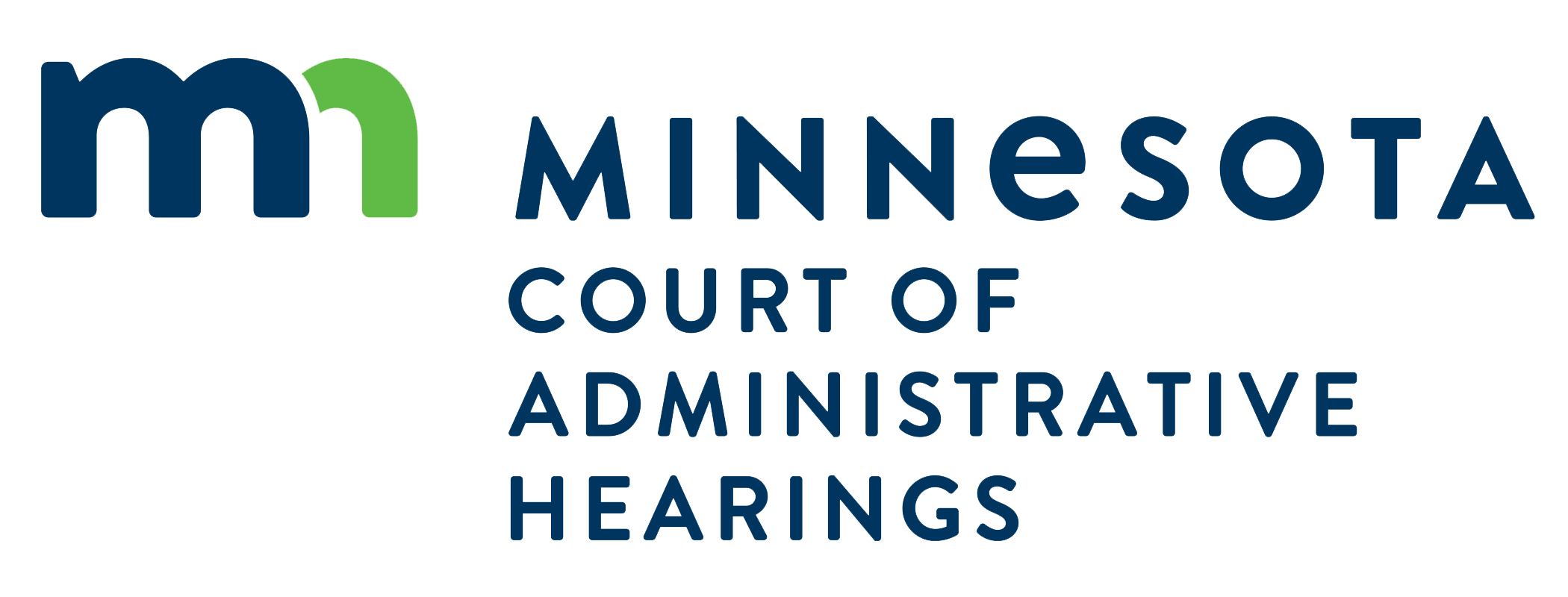Answers to FAQs Regarding Intervention
Below are answers to frequently asked questions regarding intervention:
- Who can intervene?
- If my claim has been partially paid, do I need to file a Motion to Intervene?
- If the injured worker is already claiming the medical or rehabilitation services I want paid, do I need to file a Motion to Intervene?
- How do I know if a workers’ compensation claim has been filed?
- When do I need to intervene?
- What happens if I miss the deadline for intervention?
- Do I need an attorney to intervene?
- How do I intervene?
- How detailed do my billing attachments need to be?
- Where do I file the Motion to Intervene?
- Do I have to serve my Motion to Intervene on the other parties?
- Should I file a Stipulation of Intervention?
- Can anyone contest my Motion to Intervene?
- When I intervene, what kinds of proceedings will I be notified about?
- Must I attend the proceedings?
- When is my attendance required?
- What happens if an order is issued requiring my attendance but I don’t attend?
- How do I get my other questions answered?
-
Who can intervene?
Any entity that has a financial interest in an employee’s workers’ compensation claim as a result of rendering services or providing benefits to an injured worker may seek to intervene in a pending workers’ compensation matter.Back to top -
If my claim has been partially paid, do I need to file a Motion to Intervene?
If you wish to claim any difference between what has been paid and what you believe is owed by the workers’ compensation insurer, you can file a claim for the remaining unpaid bill. There are various defenses to these types of claims, which will be determined at hearing if raised.Back to top -
If the injured worker is already claiming the medical or rehabilitation services I want paid, do I need to file a Motion to Intervene?
If you want to be a party to the litigation, you should intervene.Back to top -
How do I know if a workers’ compensation claim has been filed?
All attorneys representing parties in a workers’ compensation matter are required by law to serve every potential intervenor with a Notice of Right to Intervene.Back to top -
When do I need to intervene?
You must intervene within 60 days of being served with a Notice of Right to Intervene, or within 30 days of being served with a notice of administrative conference or notice of an expedited hearing. The time period starts when the attorney or party sends the notice to you, not when you receive it. The time period ends when the Office of Administrative Hearings receives your Motion to Intervene, not when you send it.Back to top -
What happens if I miss the deadline for intervention?
An order will usually be issued that absolves the workers’ compensation insurer from paying your claim and may prevent you from collecting reimbursement from the employee or any government program.Back to top -
Do I need an attorney to intervene?
The Workers’ Compensation Act specifically allows intervenors to represent themselves in a workers’ compensation proceeding without hiring an attorney. Attorneys in this area of practice may be helpful to you because they are familiar with the process and the nature of proof needed to establish or settle intervention claims. OAH sees both attorneys and non-attorneys representing intervenors.Back to top -
How do I intervene?
File a complete Motion to Intervene, with the required documentation of your claim and the required Affidavit of Service.Back to top -
How detailed do my billing attachments need to be?
They must be detailed enough to clearly identify the services and costs at issue in your claim. The law requires you to include an itemization of disability or other benefits paid or owing, together with copies of bills and the amount of reimbursement claimed. You do not need to attach HCFA billing forms.Back to top -
Where do I file the Motion to Intervene?
Back to topSubmit the completed form through OAH's eFiling system.
-
Do I have to serve my Motion to Intervene on the other parties?
Back to topThe law requires service on the other parties, except other intervenors. Make sure you serve the employee, the employer, the workers’ compensation insurer, and the attorneys representing those parties, and that you attach an Affidavit of Service when you file your Motion to Intervene.
-
Should I file a Stipulation of Intervention?
Back to topIf you file a Stipulation of Intervention signed by the employee, employer and the workers’ compensation insurer, your intervention claim is considered established by law so long as the employee’s claim is payable by the insurer.
Even if a Stipulation of Intervention has not been signed by the parties, you may be able to establish your claim if there is no written objection to the Stipulation of Intervention. If you sign a Stipulation of Intervention, send it to the other parties and no one files an objection within 30 days after you sent it, your right to reimbursement is established so long as the employee’s claim is payable by the insurer. It is your responsibility to bring these facts to the attention of the parties and the judge.
-
Can anyone contest my Motion to Intervene?
Yes, parties can file written objections to your filed Motion to Intervene. If they do, those disputes will be addressed by the judge in the proceeding.Back to top -
When I intervene, what kinds of proceedings will I be notified about?
Once you become a party by intervening, you will be notified of future proceedings which might include any or all of the following:Back to top
Administrative Conference. An administrative conference is an informal meeting, held either with the staff of the Department of Labor and Industry (DLI) workers’ compensation alternative dispute resolution unit or with a Compensation Judge at the Office of Administrative Hearings. By presenting arguments and supporting documents on limited issues, the parties attempt to resolve their claims. If the case is not resolved by settlement, the staff or Compensation Judge makes a written decision on the claim, including on any intervention claims. If not satisfied with the decision, any party (including an intervenor) may request a formal evidentiary hearing at the Office of Administrative Hearings.
Settlement Conference. A settlement conference is conducted by a judge at the Office of Administrative Hearings to assist the parties in resolving the claim before the hearing.
Pretrial Conference. A pretrial conference is a pre-hearing planning session with the judge at which legal issues to be addressed at the hearing are clarified, witnesses identified, and anticipated exhibits discussed.
Hearing. If not resolved, cases proceed to an evidentiary hearing. If you are an intervenor in the unresolved claim, you will receive notice of the hearing so that you may participate to protect your interest. You will need to present an exhibit of your updated and itemized claim at the hearing, and make arguments and/or present evidence pertaining to your claim.
-
Must I attend the proceedings?
Back to topAs of August 1, 2016, intervenors are no longer required to attend any proceeding unless specifically ordered to do so by a Compensation Judge. The order requiring your attendance at a scheduled proceeding will be issued at least ten days prior to the proceeding. You can always appear at scheduled proceedings in person.
Unless a signed stipulation was filed or your intervention claim was otherwise established by law, you are still required to present evidence in support of your intervention claim at or before the hearing. You retain the burden of proof to establish your intervention claim in all proceedings.
-
When is my attendance required?
Back to topYour attendance will be required pursuant to an Order issued by a Compensation Judge.
Parties to the proceeding may file a motion requiring your attendance. This motion must state specific and detailed reasons why your attendance is required and must be filed no later than 20 days before the scheduled proceeding. You may file a response to the motion. The Compensation Judge will then issue an order on the motion at least 10 days before the scheduled proceeding.
-
What happens if an order is issued requiring my attendance but I don’t attend?
Back to topAs required by the law, if a Compensation Judge issues an order requiring your attendance at a scheduled proceeding but you fail to attend, your claim will be denied. Denial of your claim will likely result in an inability to collect the sum claimed from the parties or a government program.
The only exception to this rule is in cases of good cause. Good cause generally includes circumstances beyond the intervenor’s control; scheduling mistakes or difficulties do not constitute good cause.
-
How do I get my other questions answered?
Please call a staff attorney at the Office of Administrative Hearings at 651-361-7900.Back to top

